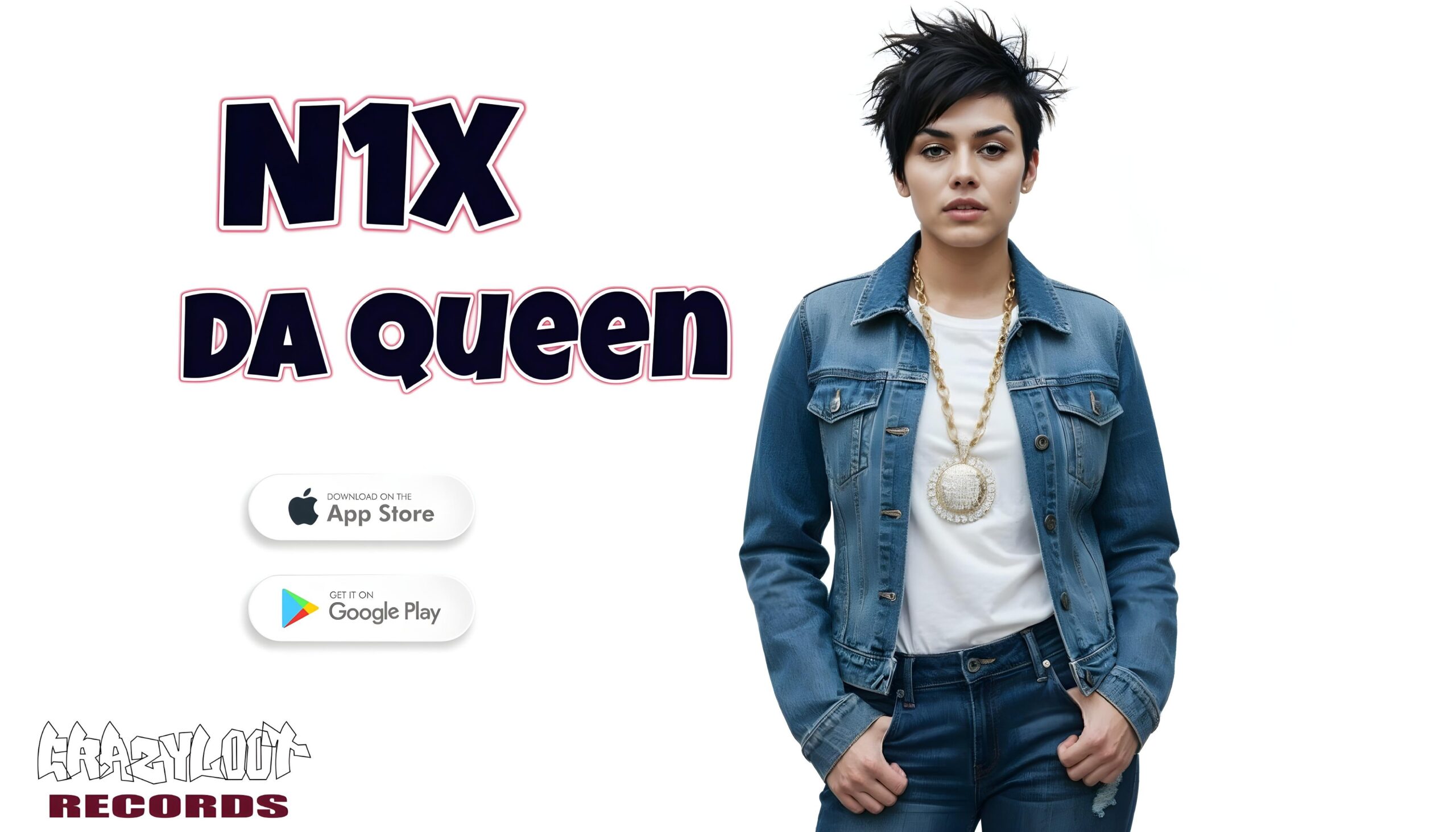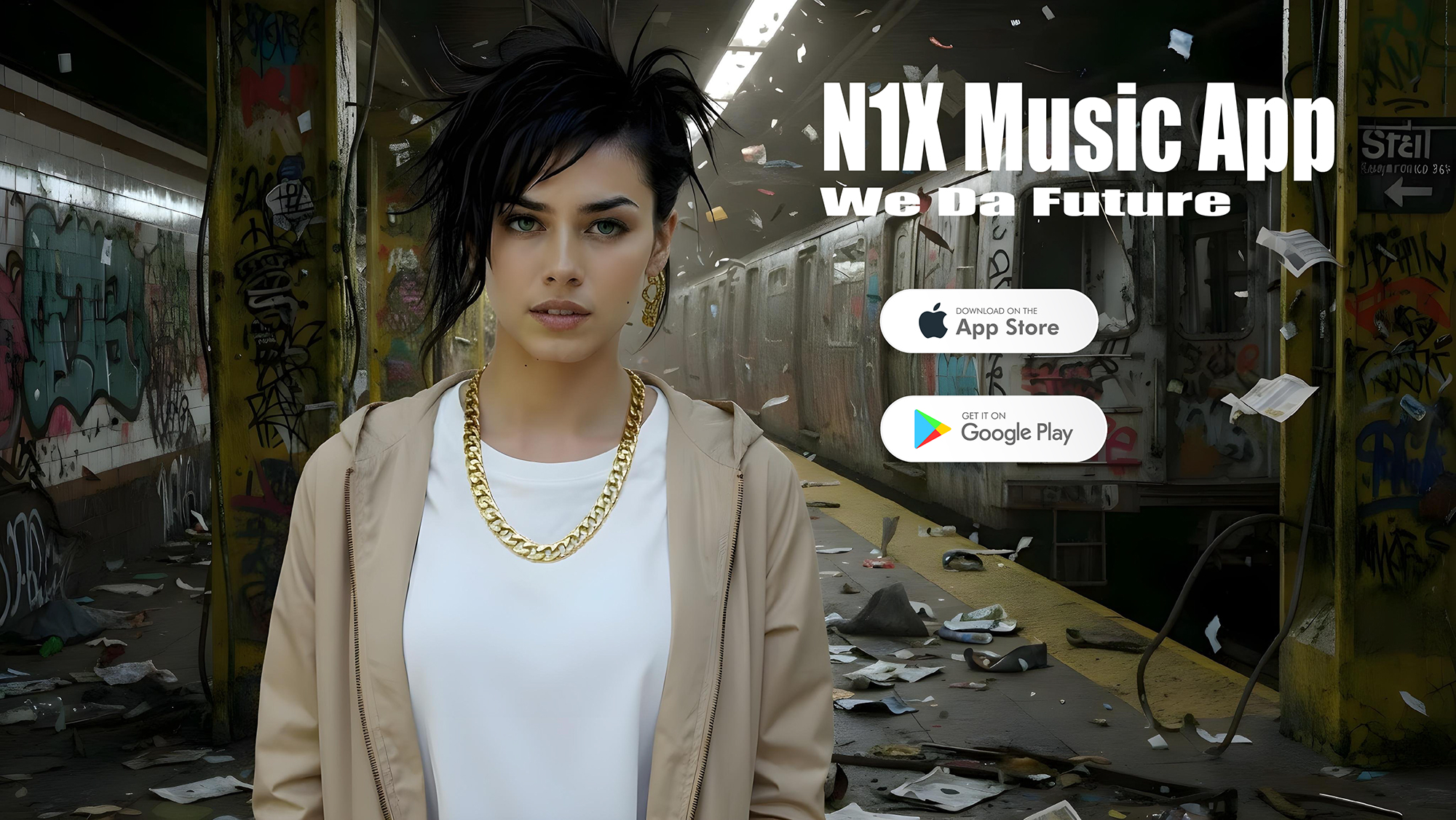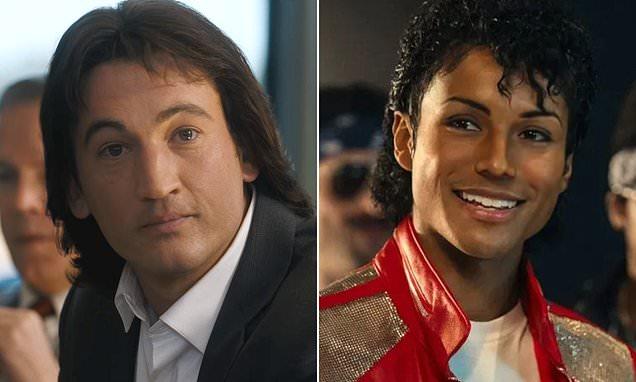
How fake relationships boost album sales
How Fake Relationships Boost Album Sales: The Hidden Strategy of the Music Industry
In an era where the lines between reality and performance often blur, the world of music has embraced an intriguing phenomenon: the strategic orchestration of relationships. Artists and their teams have discovered that crafting a narrative, even if it’s fictional, can create a tidal wave of public interest and, ultimately, sales. As fans become enamored with the lives of their favorite stars, the allure of a high-profile romance-real or imagined-adds an extra layer of intrigue to new album releases. This article delves into the mechanics behind these contrived partnerships, exploring how they serve as powerful marketing tools, shape public perception, and influence chart-topping success. Join us as we unravel the connections between fabricated love stories and booming album sales, revealing the symbiotic relationship between celebrity culture and the music industry.
Q&A
Q&A: How Fake Relationships Boost Album Sales
Q1: What are fake relationships in the music industry?
A1: Fake relationships in the music industry often refer to strategically crafted romantic connections between artists or between an artist and a celebrity to generate buzz. These partnerships are typically orchestrated to capture the public’s imagination and drive interest in new music or upcoming tours.
Q2: How do these relationships influence album sales?
A2: By creating a narrative that fans can latch onto, fake relationships can enhance the overall story surrounding an album. When a star is perceived to be in a relationship, particularly one filled with drama or intrigue, it can lead to increased media coverage, social media engagement, and ultimately drive more fans to purchase the album.
Q3: Are there specific examples of artists using fake relationships for publicity?
A3: Yes, many artists have been linked to high-profile relationships, whether real or fabricated. For instance, Taylor Swift’s romantic entanglements have often coincided with her album releases, leading to increased sales as fans are drawn to the emotional narratives that unfold.
Q4: What role does social media play in this phenomenon?
A4: Social media amplifies the impact of fake relationships by allowing artists to share curated moments directly with fans. A few cryptic posts or staged photos can skyrocket interest, leading to speculation and conversation that keeps the buzz alive, all of which translates to heightened interest and album sales.
Q5: Do fans appreciate the authenticity of artists when they engage in this practice?
A5: This is a mixed bag. Some fans appreciate the entertainment value and enjoy speculating about their favorite stars’ lives. Others feel disillusioned when they uncover the orchestrated nature of these relationships, leading to questions about authenticity in the artist’s brand.
Meet N1X Da Queen Of A-Pop
N1X Da Queen Of A-Pop Sign up And Enter Her World Streaming Exclusive Music From N1X And Da Super Group Da Queens
Only On N1XMusic.com

Q6: Are there any risks involved in staging a fake relationship?
A6: Absolutely. If fans perceive the relationship as inauthentic or manipulative, it could backfire, causing damaged credibility and a backlash against the artist. The fine line between marketing and authenticity can be tricky to navigate, and missteps could lead to negative publicity rather than the desired increased sales.
Q7: What can artists do to maintain credibility while using this strategy?
A7: Some artists choose to blend genuine experiences with strategic marketing. By incorporating real emotions alongside the manufactured drama, artists can retain a sense of authenticity while still leveraging the narrative to boost sales. Building a loyal fanbase and being transparent about artistic choices can help maintain credibility.
Q8: In conclusion, are fake relationships here to stay in the music industry?
A8: As long as the entertainment industry thrives on narratives and intrigue, it’s likely that fake relationships will continue to be a tool for artists. The evolving landscape of media, driven by social platforms, ensures that this strategy remains a viable option for marketing music and engaging with fans.
Wrapping Up
In a world where the line between authenticity and artifice continues to blur, the phenomenon of fake relationships stands as a curious testament to the complexities of modern music marketing. As we’ve explored, these orchestrated unions not only captivate audiences but also significantly influence album sales, providing a strategic lens through which the industry operates. While some may view these romances as mere publicity stunts, others see them as a calculated dance that reflects the intricate dynamics of celebrity culture. Ultimately, whether genuine or fabricated, these relationships underscore the power of narrative in a world hungry for connection. As artists continue to navigate this landscape, one thing remains clear: the stories we tell-both on and off the stage-shape the way we experience music and the artists behind it. In this ever-evolving tapestry, the dance of reality and illusion will undoubtedly play on, leaving us to ponder what’s real in a world of carefully curated personas.
Are you a content creator or someone with a big social media following?
Want to earn real cash promoting The Queen of A-POP?
Join the N1X Music Promoter Program — it’s as easy as:
1️⃣ Sign Up
2️⃣ Promote
3️⃣ Get Paid






No Comments